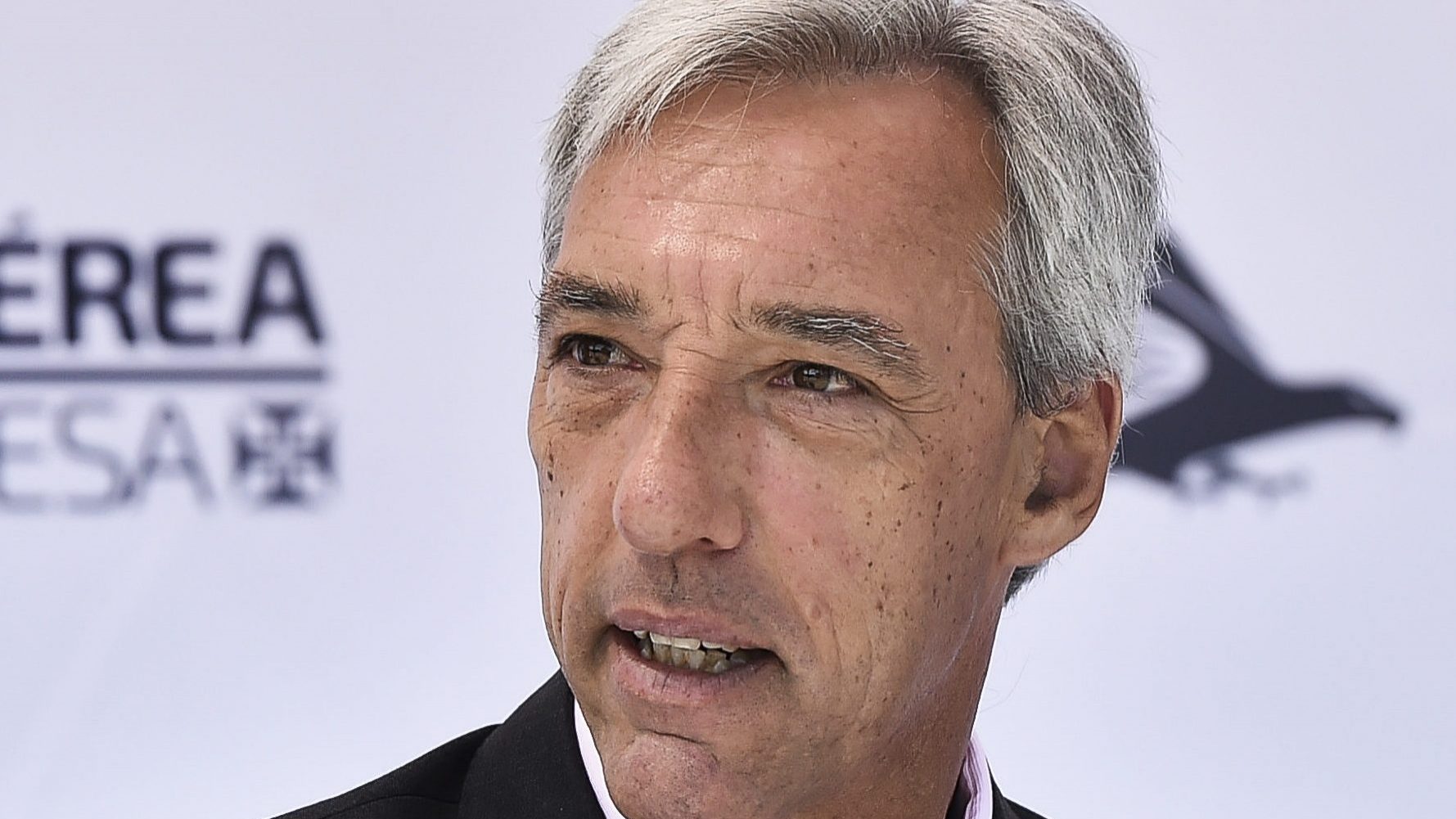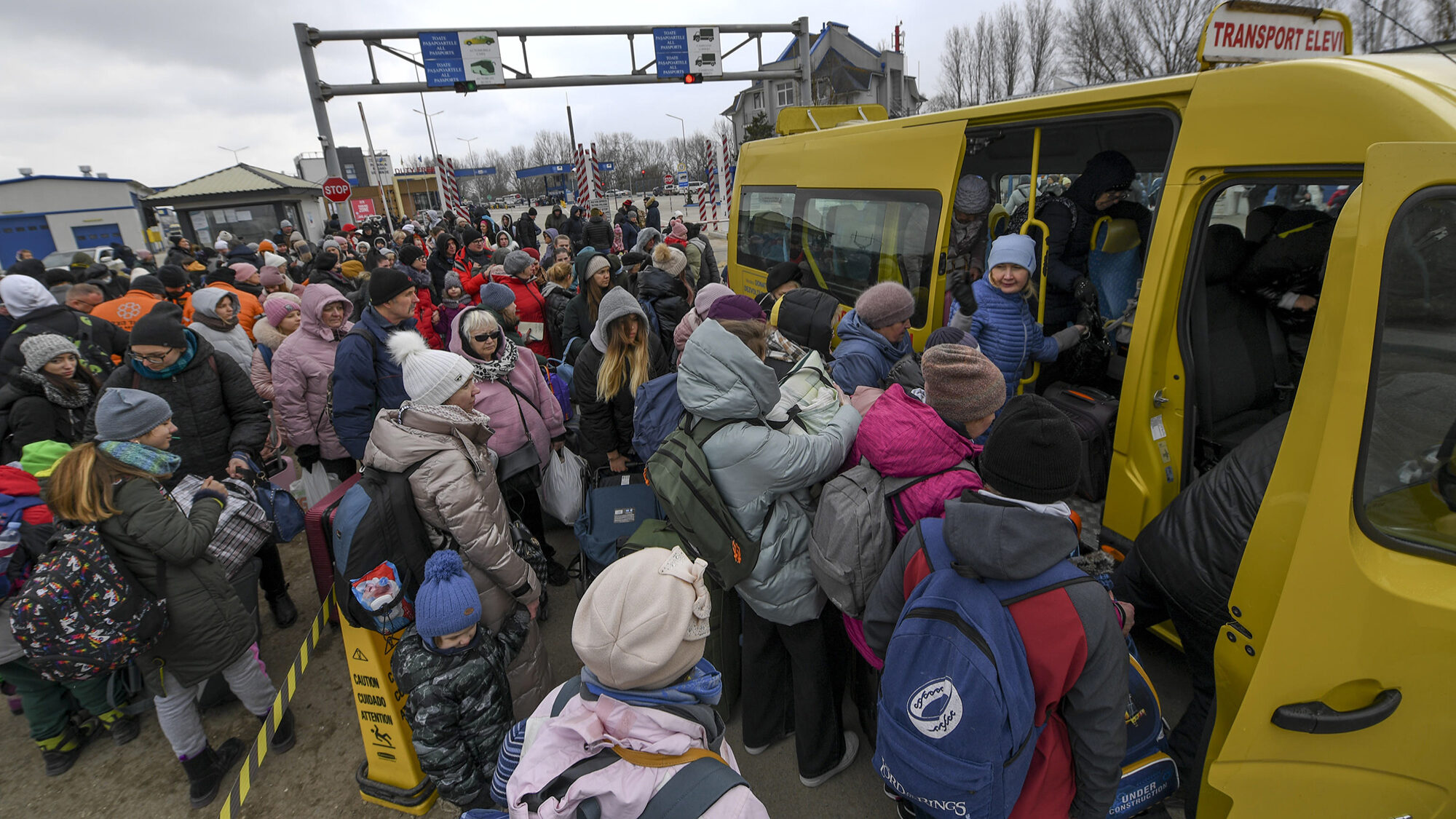Government favours suspending Russian visa facility
Minister João Cravinho believes that the European Union should not have a visa facilitation agreement with Moscow. However, he dismisses a total ban.
Portugal considers that in the current context of Russia’s military aggression against Ukraine, the European Union should not have a visa facilitation agreement with Moscow, the foreign minister said, adding thought that he disagrees with a total ban.
Speaking on Tuesday on arrival at an informal meeting of European Union (EU) heads of diplomacy in Prague, which has among the agenda items a discussion on Wednesday on measures that could be adopted to hinder or prevent the granting of visas to Russian citizens, demanded by Kyiv and several member states, João Gomes Cravinho called for a balanced solution, saying he was in favour of the possible suspension of the visa agreement in force with Russia.
“There are different ideas on the table, namely a document prepared by the Czech presidency and another document prepared jointly by France and Germany, which present different ideas about our relationship with Russia,” the Portuguese minister began by pointing out.
João Gomes Cravinho stressed that “in the first place”, the EU is concentrating all its efforts on “reducing the capacity of the Russian military machine and the Russian economy, since it feeds the military machine”, as well as doing “everything possible to reduce, and if possible even eliminate, Europe’s dependence on Russian fossil fuels”.
As for the issue of visas, which is on the agenda in this ‘rentrée’ of EU policy, given the demands of Ukrainian President Volodymyr Zelensky and several EU member countries, including the Baltics, for a ban on visas for Russian citizens, the head of Portuguese diplomacy recalled that “since the beginning” of the conflict, the Union has always said that its measures are “not against the Russian people, but against the regime and its ability to wage war”, a principle that the bloc does not want to abandon.
“On the other hand, I don’t see why Russia should benefit from a visa facilitation regime, which is a regime for countries with whom we have confidence. Manifestly, we cannot have it with Russia,” he declared.
According to the minister, “there are different systems” that can be explored, and “which do not go as far as a total visa ban”, which “would be the wrong message to send to the Russian people”.
Recalling that this meeting is not expected to produce any decision as it is an informal meeting, João Gomes Cravinho pointed out that this is “obviously a very important forum to compare ideas, to discuss and shape a collective response”, and expressed his conviction that they could reach a compromise, which could include the suspension of the facilitation agreement that the EU has had with Russia since 2007, making the process more complex and making it more difficult for Russian citizens to travel for tourism, a possibility put forward in recent days by European sources.
He added: “We see no reason why, under these circumstances, we should have a visa facilitation agreement with Russia. It is not a country in which we can have the kind of trust that underpins such an agreement. There may be other measures, but we will see what ideas are presented by colleagues around the table,” he concluded.
The informal meeting of EU heads of diplomacy, which runs until Wednesday afternoon in the capital of the Czech Republic – which holds the six-month presidency of the Council of the EU until the end of the year – follows another at the level of defence ministers, held this morning, also in Prague.
These two meetings mark the EU’s political ‘rentrée’ after the summer break and take place just days after the six-month anniversary of the start of Russia’s invasion of Ukraine on February 24.


